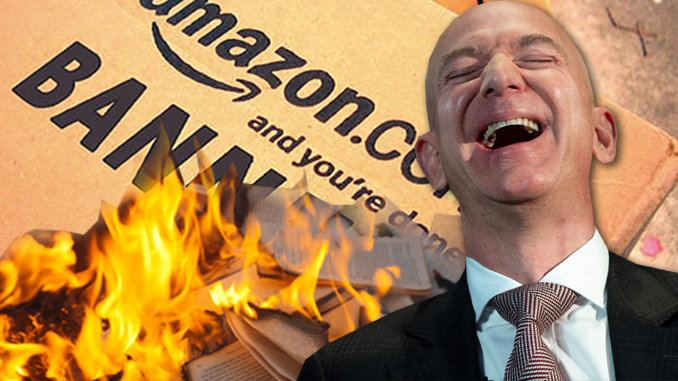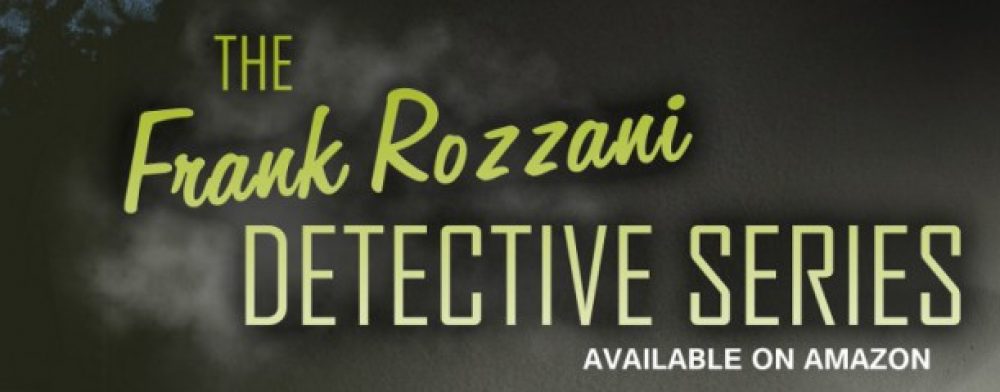Plagiarism, ‘book-stuffing’, clickfarms … the rotten side of self-publishing

Scams are rife, particularly when some authors can rake in thousands each month – but high-profile victims of plagiarism warn ‘day of reckoning is coming’
Nora Roberts is one of the world’s most popular authors. She’s written more than 200 novels, tackled topics from romance to murder and sold more than 500m books around the world. And now she’s really, really angry.
Roberts is one of dozens of authors who discovered last month that their work had been allegedly plagiarised by a Brazilian romance novelist called Cristiane Serruya. “Leisurely, he began to loosen her hair, working his fingers through it until it pooled over her shoulders. ‘I’ve wanted to do that since the first time I saw you. It’s hair to get lost in,’” runs Roberts’ novel Untamed. Serruya’s Forevermore has it that: “Leisurely, he began to loosen her hair, working his fingers through it until it pooled over her shoulders and cascaded down over her back. ‘I’ve wanted to do that since the first time I saw you.’”
Read the rest of this story HERE.
The book industry isn’t dead. That’s just an excuse to keep salaries low

Poor working conditions for book editors are ingrained. It’s time for that to change – no matter how much we love our jobs.
Book editors love their jobs, perhaps more than the average worker. We work diligently with motivated and inspiring peers on projects we are proud of. You may not realise that every great book you’ve read has been through a rigorous editing process. If an editor’s job is done well, you won’t notice their hand in the final product – this is the invisible work behind each brilliant author, even (or perhaps especially) your favourites.
However, book lovers might be surprised to learn that the working conditions for many of those behind the scenes of book publishing are lagging behind other industries.
Read the rest of this story HERE.
Augmented Reality in Publishing: Makes Learning Interactive

Augmented Reality Technology is being superimposed on the physical world that adds creativity and learning. This is the foremost way to connect with users around the globe. AR solutions offer visualization of real-life scenarios.
It offered many methods to explore the diverse dimensions in a specific domain. Likewise, this is considered as the more relevant approach for publishers to connect to the readers. AR is also being used in corporate training as well as education. AR is considered as one of the engaging and entertaining technologies of all the time.
AR in the publication has become a suitable replacement to enhance the learning experience and offer more interactive. There are many publishers experimenting to integrate AR features solutions to enhance visual experiences.
Publishers are working for kid’s book to introduce AR-driven app that allows children to view the creature into their creative world. AR completely changes the way kids interact with the immersive content and real-world objects.
Read the rest of this story HERE.
Amazon Bans More Books by Respected Scholars

One suggestion for dealing with Amazon’s book-burning spree is to nationalize the company, which has a “monopoly in the digital public sphere,” and put Jeff Bezos on trial for treason.
By Dr. Kevin Barrett
The First Amendment to the Constitution of the United States of America—and American tradition—enshrines freedom of speech and freedom of the press. Nowhere is this more evident than in the book publishing industry. Historically, few books have been banned or restricted in America for any reason other than obscenity or indecency, and even those restrictions have largely collapsed. Since the mid-1960s, a book can only be banned if a reasonable person would consider it prurient, in violation of contemporary community standards, and completely devoid of literary, artistic, political, or scientific value.
But since 2017 our tradition of freedom from book censorship has been annihilated. We are living through the worst-ever assault on the Bill of Rights. This crime is being committed by a monopoly in service to an organized crime syndicate. Amazon, under pressure from the Anti-Defamation League (ADL) and allied groups, has “kindled” the biggest book-burning bonfire ever. And the books Amazon is burning are not those brimming with obscenity. You can still buy the Marquis de Sade’s pornographic incitements to rape, torture, and murder, alongside thousands of similar abominations, on Amazon. What you can’t buy are scholarly books that carefully and dispassionately document facts that pose a threat to the continued reign of what certain hotheads have (not entirely inaccurately) called ZOG, the Zionist Occupation Government.
Read the rest of this story HERE.
How digital is the future of publishing books?

Some industries have feared the rise of digitalisation more than others. The book sector was particularly shocked when Amazon introduced the first Kindle in 2007 and started into a new era of digital books. Publishers felt the need to protect printed sales and would often hold back on digital publishing for a few weeks to give their paper editions a “fighting chance.”
12 years on, and the world of publishing has not changed as much as many might have thought. E-book sales have settled at a solid 20 percent of the market, a share that has remained roughly constant since 2015. Far from competing with one another, the printed and digital markets seem to happily coexist side by side.
Publishing has become digital
But not only have books become digital, book production has also moved with the times. The digital age has made publishing easier, particularly for individual manufacturers who have special needs when it comes to material planning. From 2009 to 2015 the number of independent booksellers in the US increased by 35 percent, according to the American Booksellers Association. But how were they able to survive whilst big players like Amazon pushed the Kindle?
Read the rest of this story HERE.

Great info here.
LikeLiked by 2 people
Thank you.
LikeLiked by 1 person
Reblogged this on Legends of Windemere.
LikeLiked by 2 people
Thank you Charles.
LikeLike
You’re welcome.
LikeLiked by 1 person
Great info here. Thanks, Don. Reblogged this on: https://harmonykent.co.uk/this-week-in-indie-publishing-4/
LikeLiked by 1 person
Thanks so much. appreciate it.
LikeLiked by 1 person
Reblogged this on Chris The Story Reading Ape's Blog.
LikeLiked by 1 person
Thanks for sharing this, Chris.
LikeLiked by 1 person
Welcome, Don 👍
LikeLike
Lots of interesting links here, Don. Thanks for sharing.
LikeLiked by 1 person
Thanks, Margot.
LikeLiked by 1 person
Reblogged this on Anna Dobritt — Author.
LikeLiked by 1 person
Thanks for sharing this.
LikeLike
Some extremely interesting articles here, Don. Thank you for sharing.
LikeLike